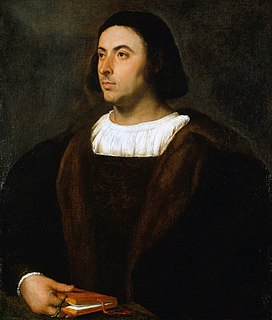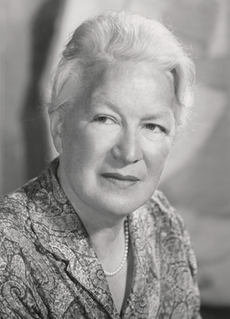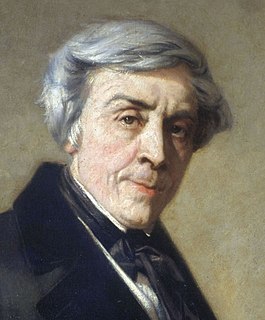A Quote by Sir Lewis Bernstein Namier
Historical research to this day remains unorganized, and the historian is expected to make his own instruments or do without them; and so with wooden ploughs we continue to draw lonely furrows, most successfully when we strike sand.
Related Quotes
Wherever a ship ploughs the sea, or a plough furrows the field; wherever a mine yields its treasure; wherever a ship or a railroad train carries freight to market; wherever the smoke of the furnace rises, or the clang of the loom resounds; even in the lonely garret where the seamstress plies her busy needle--there is industry.
Once upon a time, a historian told me that the most important choice a new historian could make was of his or her specialist subject. Most of the good stuff was far too overcrowded, so you had to pick about in the exotic and extinct. His recommendations were the Picts or the Minoans, because hardly anything was known about them and you could spend a happy lifetime of speculation.
Africans and persons of African descent must assume the primary responsibility and leadership in historical research....if we are to continue to leave practically all important historical research and writing concerning the black race to the white man, then we must be prepared to accept, uncomplainingly, the white man's point of view.
So, then, the best of the historian is subject to the poet; for whatsoever action or faction, whatsoever counsel, policy, or war-stratagem the historian is bound to recite, that may the poet, if he list, with his imitation make his own, beautifying it both for further teaching and more delighting, as it pleaseth him; having all, from Dante’s Heaven to his Hell, under the authority of his pen.
The leading, the most respected Vietnam historian, military historian Bernard Fall -he was a hawk incidentally, but he cared for the Vietnamese - he said it wasn't clear to him whether Vietnam could survive as a historical and cultural entity under the most massive attack that any region that size had ever suffered. He was talking about South Vietnam, incidentally.
The only excuse for a novelist, aside from the entertainment and vicarious living his books give the people who read them, is as a sort of second-class historian of the age he lives in. The "reality" he missed by writing about imaginary people, he gains by being able to build a reality more nearly out of his own factual experience than a plain historian or biographer can.
Is it any wonder the power this man held over me - this man who did not run from his demons like most of us do, but embraced them as his own, clutching them to his heart in a choke-hold grip. He did not try to escape them by denying them or drugging them or bargaining with them. He met them where they lived, in the secret place most of us keep hidden. Warthrop was Warthrop down to the marrow of his bones, for his demons defined him; they breathed the breath of life into him; and without them, he would go down, as most of us do, into the purgatorial fog of a life unrealized.
































